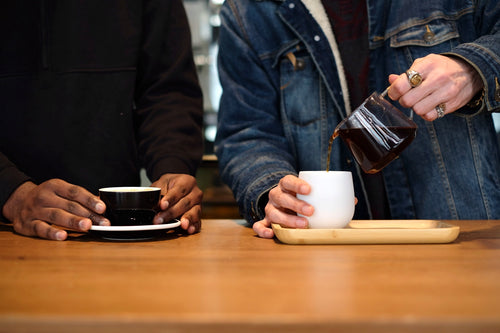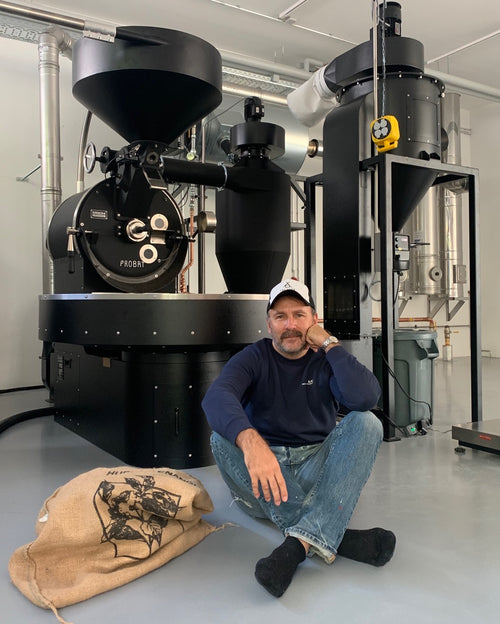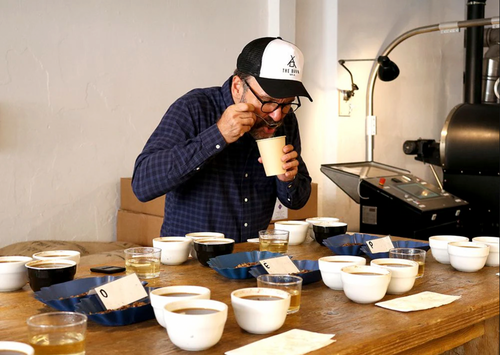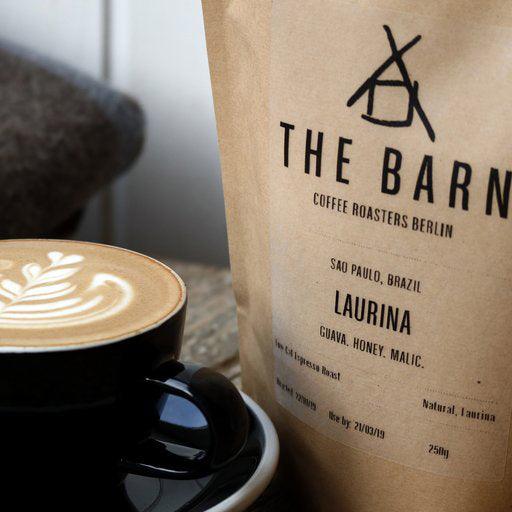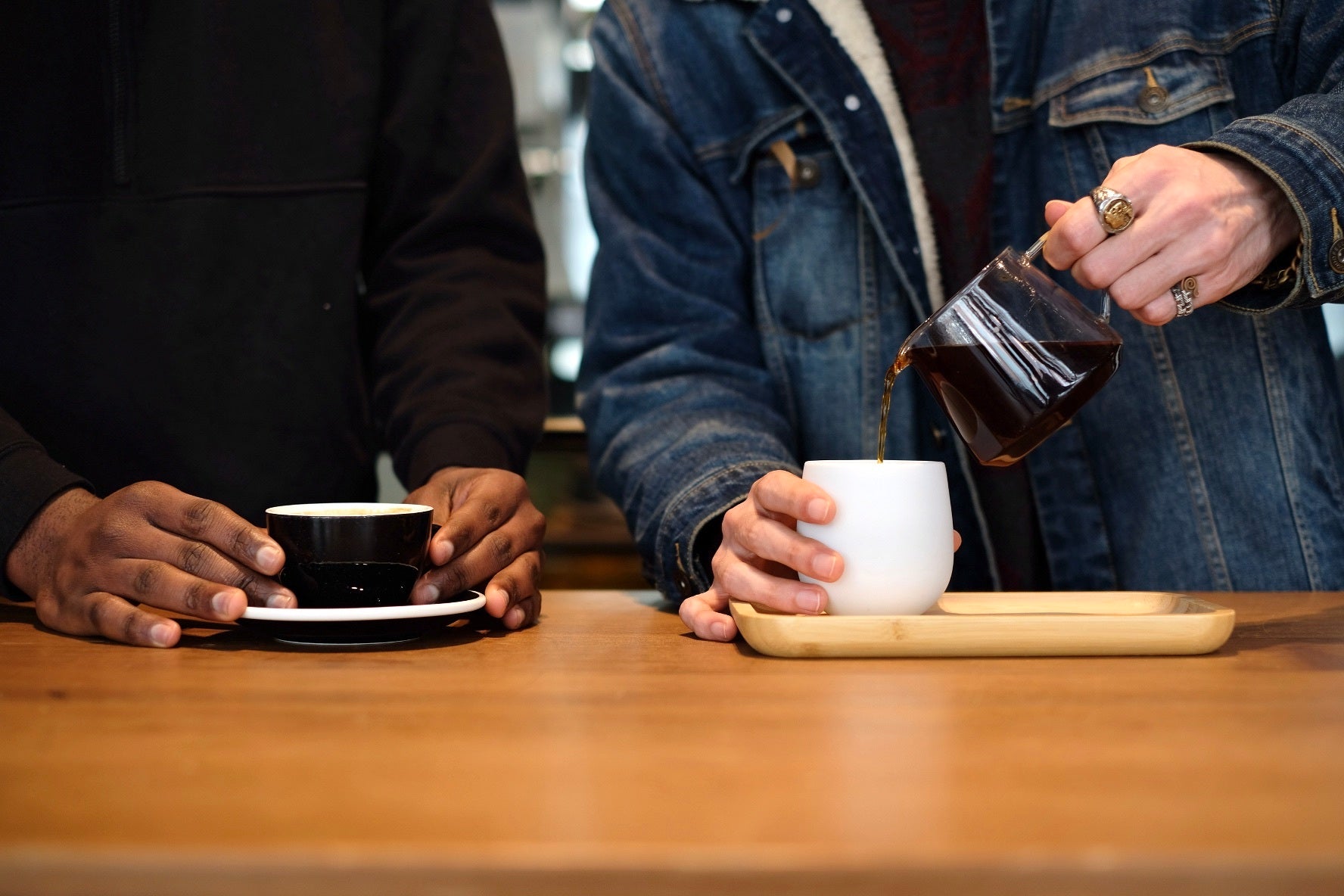
Our philosophy is to present the clean flavours of the fields, highlighting terroir and the distinct taste profiles of each individual farmer we work with. Through different varietals, microlots, and processes we are able to offer a vast range of flavours from a single farm - naturally.Decaffeinated coffee can be produced using various methods. However this is done, it involves removing elements of the bean, extracting the caffeine, then restoring parts of the bean. This is not a natural process, and tends to strip coffee of much of its flavour. You will often hear decaf described as toast-like, cardboardy, or burnt.
We have looked at many types of decaffeinated coffee over the years. Some of our wholesale customers offer a decaf option on their menu, and we always felt a need to find the right coffee for them - but as you can imagine, it was hard to find something that had gone through the decaffeination process AND lived up to our philosophy. Whenever we cupped decaf samples in our Quality Control Group, the verdict was always a clear “noooo that’s not palatable!” or “I cannot score this”.


On our quest for a lower caffeine solution, we discovered a naturally grown, low-caffeine varietal - Laurina. This Arabica Bourbon mutation contains only 0.3%–0,5% caffeine. Regular Arabica beans typically contain around 1.4% or more. Being naturally low in caffeine means that we do not have to alter Laurina in any way. Where decaffeination processes change the chemical composition (and flavour) of the coffee, we can roast this one as is. From crop to cup it is treated with the same amount of care as every other coffee we offer. The thing with Laurina is, it is incredibly rare. Originally discovered in the 18th century, Laurina almost went extinct due to its delicate nature. Caffeine acts as a natural insecticide, so lower amounts of caffeine results in a plant that is receptive to disease, requiring a lot of care. The varietal is called Bourbon Pointu after the unique pointy shape of both the tree and its beans, and its Reunion Island origins (formerly known as Bourbon).
When we visited our Brazilian partners, Daterra, we were delighted to find that they were growing Laurina in small quantities. Daterra have been studying the Laurina varietal for 12 years now. Using genetic materials in their research field they were able to examine the way the plant adapted to their terroir. Now they have Laurina trees planted on a few plots of their farm, making these microlots possible. Because of the huge amount of work and care involved in cultivating Laurina, previous crops have been sold for very high prices


As some of you may know, Daterra runs an annual online auction of their Masterpieces. In this auction, Daterra absolute best microlots are put up for auction. In September 2018, 51 coffees were auctioned, some of which were processed in very advanced ways - the expertise Daterra is well-known for. The highest bid was for a lot of semi-carbonic maceration Laurina. It went for $141.10 USD per pound. A Masterpiece Laurina lot was also used by 2018 Brewers Cup winner Emi Fukahori.
We wanted to make our low-caf Laurina available at a good price point for you, and were lucky to secure two lots that scored above 86 points, but were not included in the masterpiece auction process - one natural and one washed microlot. Our first release will be our natural microlot. The cup is rich in flavour, exhibiting notes of guava, wild honey, plums and floral notes. The mouthfeel is lactic with a great supporting acidity. The low caffeine content makes this coffee truly unique. We only have a small amount to offer.







